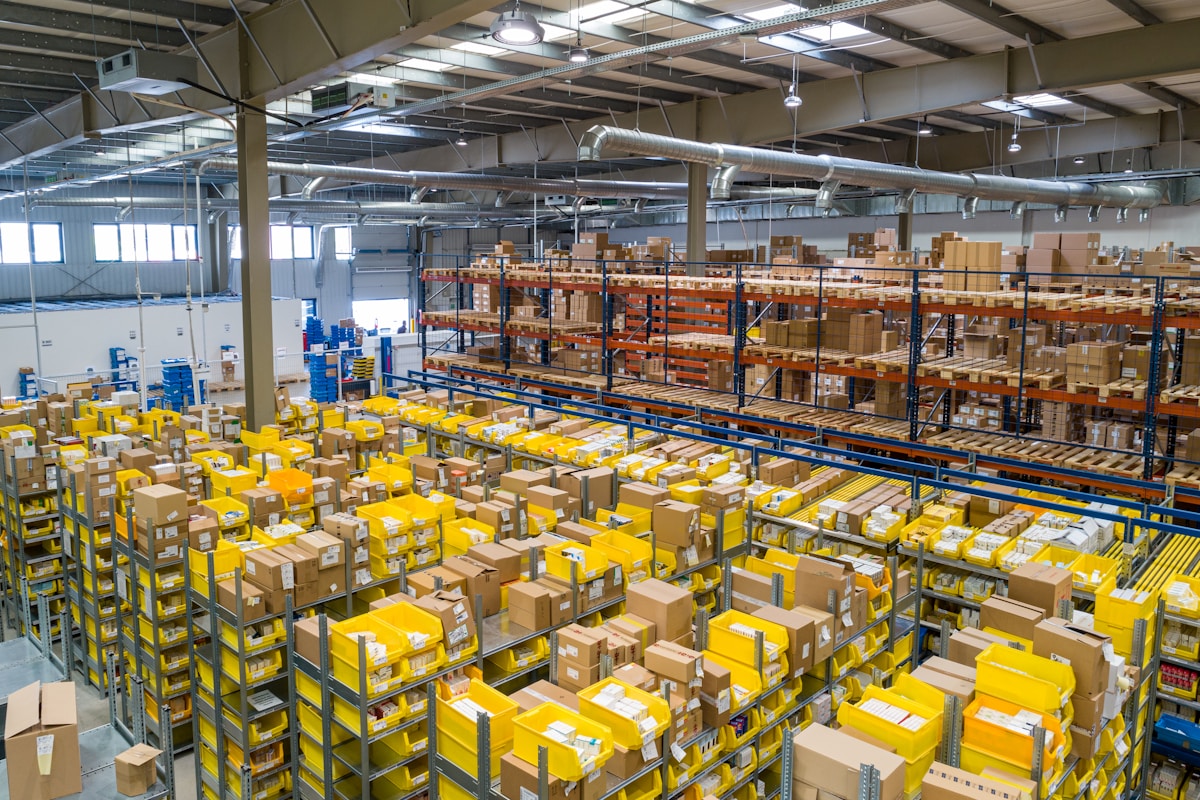Trans-Caspian Transport Corridor Sees 25-Fold Freight Increase



The Trans-Caspian International Transport Route experienced a 25-fold freight volume increase from China to Europe in 2024, becoming a crucial alternative to Russian routes.
Transiting through Central Asia, the Caucasus, and Turkey, the corridor moves goods in 15 days versus 30-45 days for maritime shipping, which often faces Red Sea delays.
Azerbaijan Railways plans to triple block trains to 1,000 in 2025. World Bank director Rolande Pryce noted potential to triple trade volumes by 2030 to 11 million tons.
The EU positioned this as a Global Gateway flagship, committing €10 billion for Central Asian transport connectivity. Japan and South Korea now use the corridor for European shipments.

